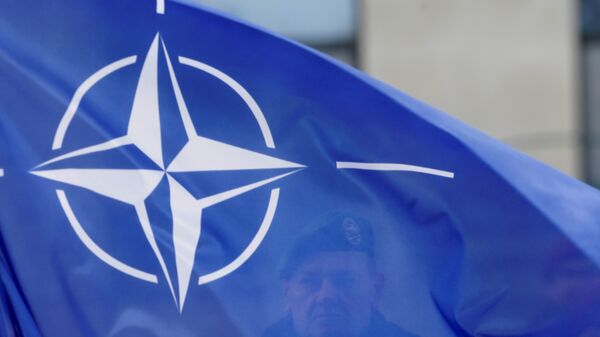Researchers at NATO’s StratCom have published a study, titled “Responding to Cognitive Security Challenges”, in which they explored how user data on social media could be exploited by “a malicious actor” in the context of a military exercise.
READ MORE: Official: NATO Doesn't Plan to Deploy New Ground-Based Nuclear Weapons in Europe
Speaking to WIRED, Nora Biteniece, a software engineer who helped design the project, said that the research group tried to answer three questions.
“The first question is, What can we find out about a military exercise just from open source data? What can we find out about the participants from open source data? And, can we use all this data to influence the participants’ behaviors against their given orders?”
The researchers have determined that one can learn a lot from social media, including Facebook and similar platforms, and claimed that such data may be used to influence servicemen.
“The results… suggest that in the current digital arena an adversary would be able to collect enough personal data on soldiers to create targeted messages with precision, successfully influencing their chosen target audience to carry out desired behaviors”, the abstract read.
Without disclosing the details of the study “due to operation security”, the experts revealed that they had created fake accounts and closed Facebook groups that looked like they were associated with the military exercise and befriended members of the armed forces on social media platforms in order to influence the troops.
READ MORE: Very Big Brother-esque: Facebook Tracks Users "Dangerous" for the Company
They also browsed soldiers’ Instagram and Twitter accounts and searched for other available information:
“We managed to find quite a lot of data on individual people, which would include sensitive information. Like a serviceman having a wife and also being on dating apps”, Biteniece said.
By the end of the study, StratCom had managed to identify 150 service members, find the locations of several battalions, as well as track troop movements and “instill undesirable behavior”, the report claims.
“We’re talking professional soldiers that are supposed to be very prepared. If you compare that to an ordinary citizen… it would be so much easier […] Every person has a button. For somebody there’s a financial issue, for somebody it’s a very appealing date, for somebody it’s a family thing. It’s varied, but everybody has a button. The point is, what’s openly available online is sufficient to know what that is”, StratCom Director Janis Sarts told WIRED.




